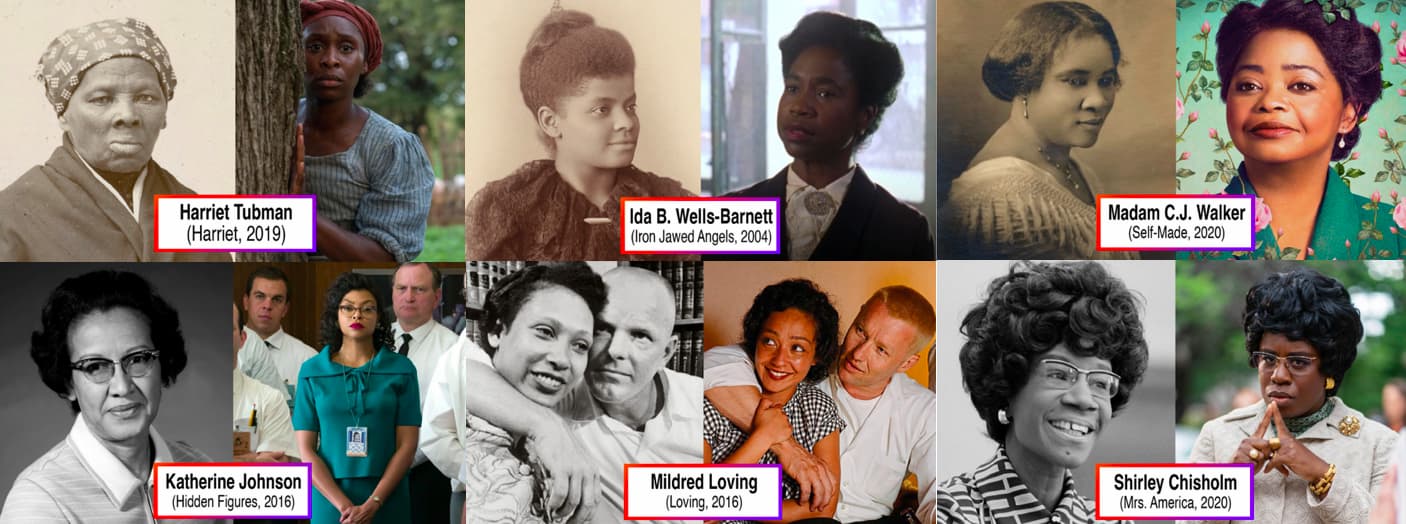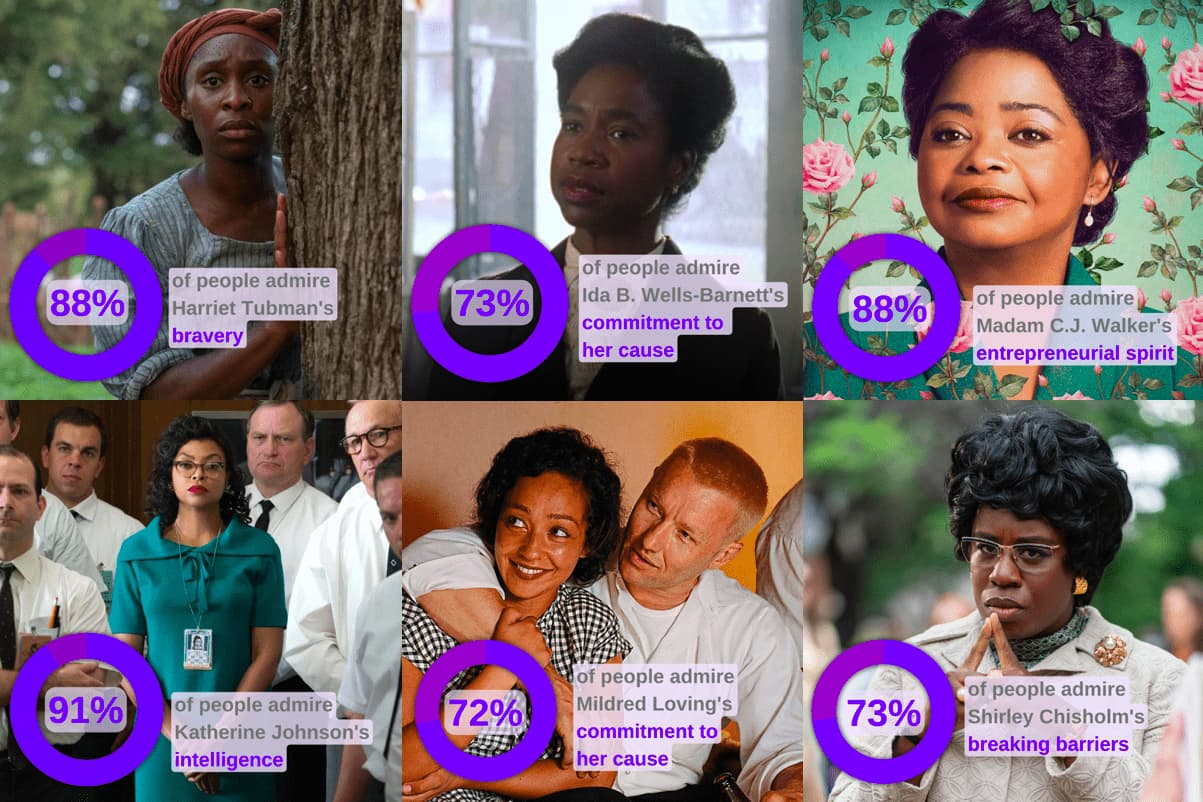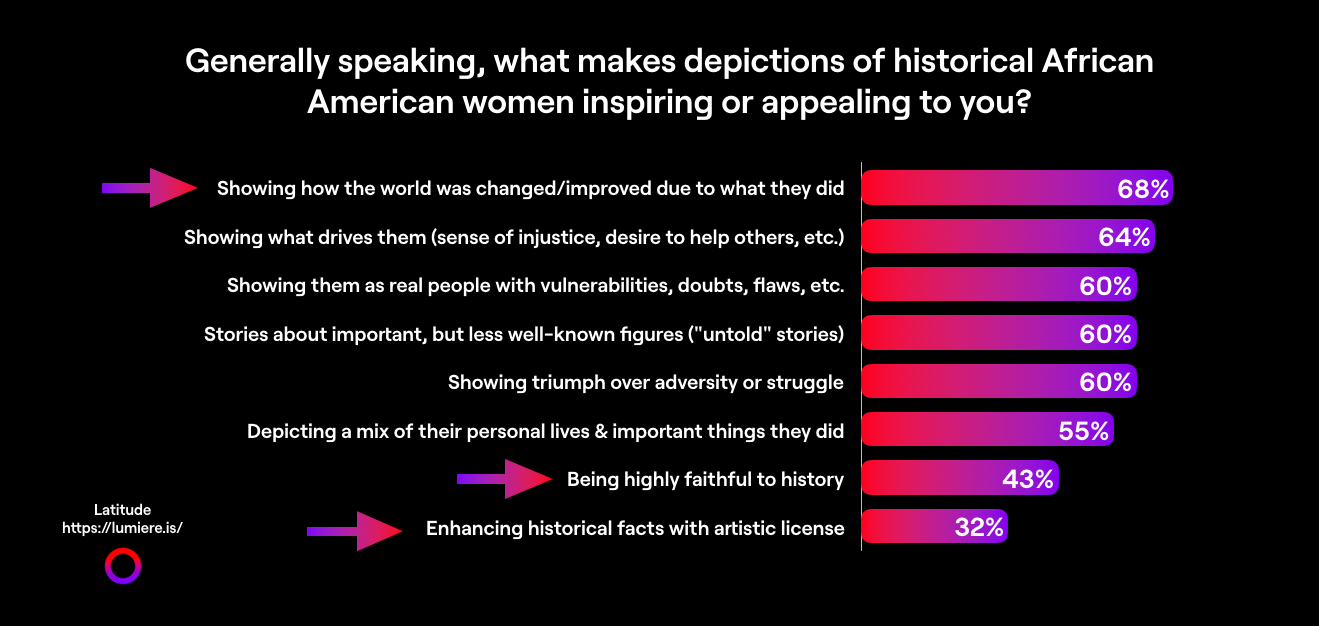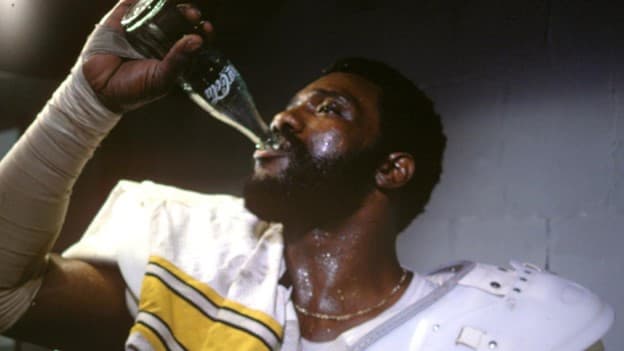 Movies
Movies On Screen: Black Women in US History
A Case Study of 6 Biopics Featuring Black Women

In honor of both Black History Month (February) and Women’s History Month (March), we at Latitude decided to take a look at depictions of important Black women in US history. Hollywood loves a good “based on a true story.” And US history is flush with stories – both told and untold – of Black women who made an impact.













